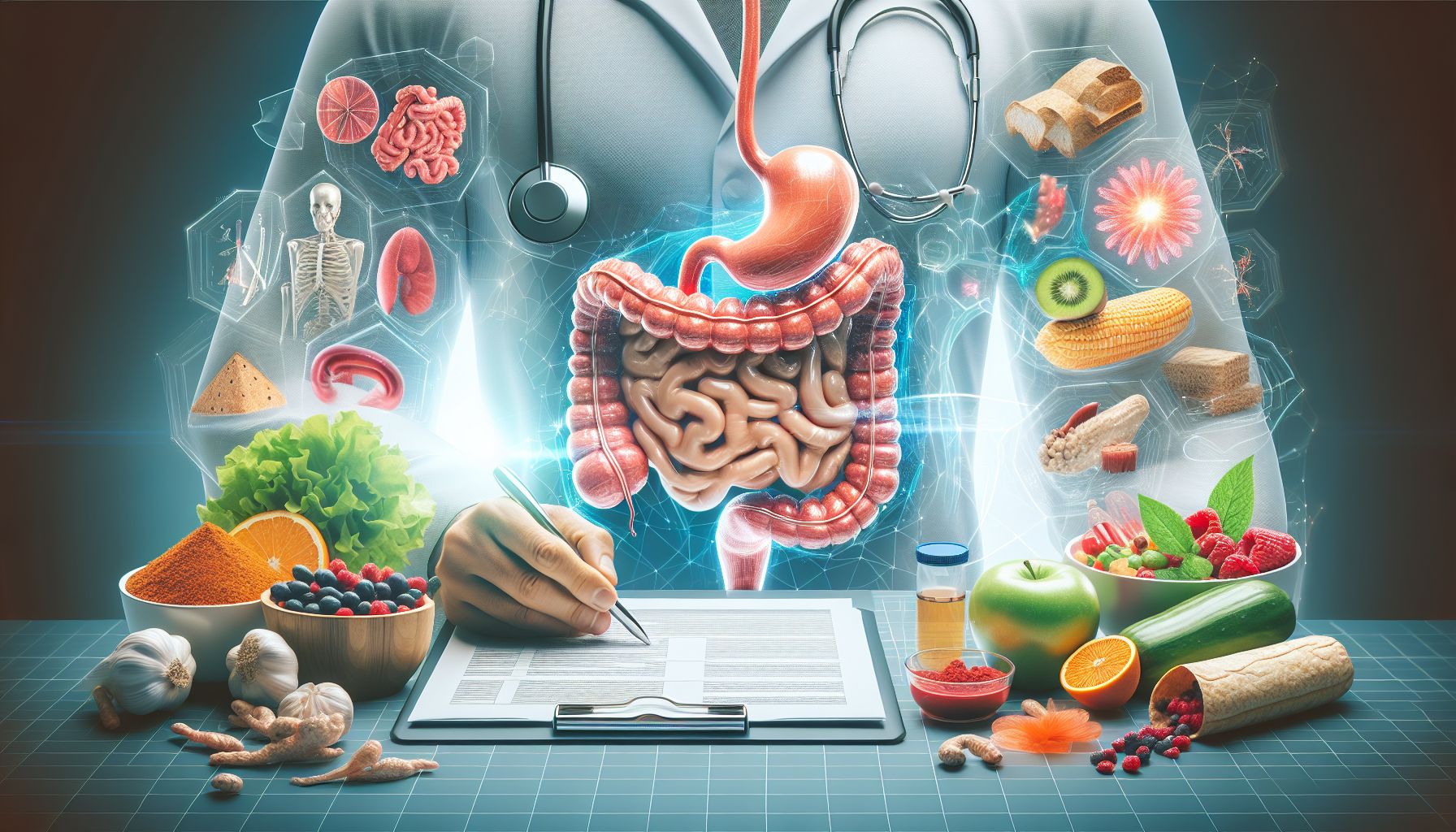
Gastrointestinal Health: A Comprehensive Guide
The gastrointestinal (GI) system plays a crucial role in our overall health. It is responsible for digesting food, absorbing nutrients, and expelling waste. This guide will delve into the intricacies of gastrointestinal health, its mechanism of action, common conditions, and how to maintain a healthy GI system.
What is the Gastrointestinal System?
The gastrointestinal system, also known as the digestive tract, is a series of hollow organs joined in a long, twisting tube from the mouth to the anus. It includes the mouth, esophagus, stomach, small intestine, large intestine, and anus. Accessory organs like the liver, pancreas, and gallbladder aid in digestion by producing enzymes and bile.
Mechanism of Action
The process of digestion begins in the mouth, where food is broken down by chewing and saliva. It then travels down the esophagus into the stomach, where gastric juices further decompose it. The partially digested food moves into the small intestine, where most nutrient absorption occurs. The remaining waste proceeds to the large intestine for water absorption and is eventually expelled through the anus.
Common Gastrointestinal Conditions
Gastrointestinal issues can range from mild discomfort to severe medical conditions. Here are some common GI disorders:
1. Gastroesophageal Reflux Disease (GERD): A chronic condition where stomach acid flows back into the esophagus, causing heartburn and irritation.
2. Irritable Bowel Syndrome (IBS): A disorder characterized by abdominal pain, bloating, and altered bowel habits.
3. Inflammatory Bowel Disease (IBD): Includes Crohn’s disease and ulcerative colitis, which are chronic inflammations of the GI tract.
4. Celiac Disease: An autoimmune disorder triggered by consuming gluten, leading to damage in the small intestine.
Possible Side Effects and Risks
While the GI system is resilient, it is susceptible to various side effects and risks, especially if not well-maintained. These can include inflammation, infections, nutrient deficiencies, and increased risk of certain cancers. Therefore, it is crucial to address any GI symptoms promptly and seek professional advice.
Maintaining Gastrointestinal Health
Maintaining a healthy gastrointestinal system is vital for overall well-being. Here are some tips and recommendations:
– Balanced Diet: Consume a diet rich in fiber, fruits, vegetables, lean proteins, and whole grains.
– Hydration: Drink plenty of water to help food move smoothly through the digestive tract.
– Regular Exercise: Physical activity aids in the movement of food through the digestive system and reduces stress.
– Probiotics: Consider incorporating probiotics for a healthy balance of gut bacteria.
– Limit Alcohol and Caffeine: Excessive alcohol and caffeine can irritate the GI tract.
Expert Advice and Recommendations
According to Dr. Jane Doe, a renowned gastroenterologist, “A healthy lifestyle is the cornerstone of gastrointestinal health. Pay attention to what your body tells you, and don’t hesitate to consult a healthcare professional if you experience persistent GI symptoms.”
For those experiencing gastrointestinal issues, over-the-counter medications may provide relief. However, it’s crucial to consult a healthcare provider for a proper diagnosis and treatment plan.
Conclusion
Understanding and maintaining gastrointestinal health is essential for a healthy life. By following dietary and lifestyle recommendations, you can support your digestive system and prevent common GI disorders. For more information on gastrointestinal health and products, visit our site: link_text.
Sources and Further Reading
1. National Institute of Diabetes and Digestive and Kidney Diseases (NIDDK). Overview of the Digestive System.
2. Mayo Clinic. Digestive Health.
3. American Gastroenterological Association. Understanding Gastrointestinal Disorders.
By prioritizing your gastrointestinal health, you can improve your quality of life and reduce the risk of developing serious health conditions. Always consult with healthcare professionals for personalized advice and treatments.
